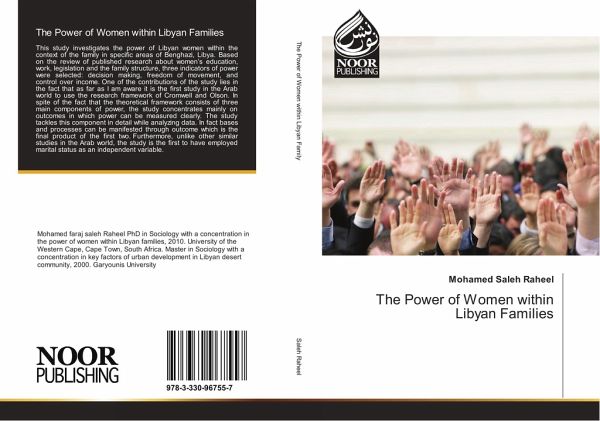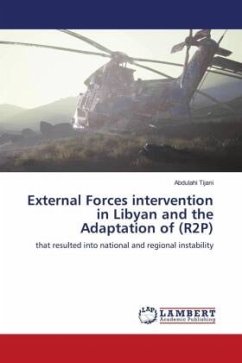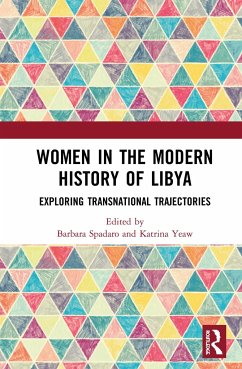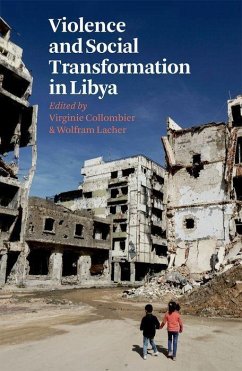
The Power of Women within Libyan Families
Versandkostenfrei!
Versandfertig in 1-2 Wochen
49,99 €
inkl. MwSt.

PAYBACK Punkte
25 °P sammeln!
This study investigates the power of Libyan women within the context of the family in specific areas of Benghazi, Libya. Based on the review of published research about women's education, work, legislation and the family structure, three indicators of power were selected: decision making, freedom of movement, and control over income. One of the contributions of the study lies in the fact that as far as I am aware it is the first study in the Arab world to use the research framework of Cromwell and Olson. In spite of the fact that the theoretical framework consists of three main components of p...
This study investigates the power of Libyan women within the context of the family in specific areas of Benghazi, Libya. Based on the review of published research about women's education, work, legislation and the family structure, three indicators of power were selected: decision making, freedom of movement, and control over income. One of the contributions of the study lies in the fact that as far as I am aware it is the first study in the Arab world to use the research framework of Cromwell and Olson. In spite of the fact that the theoretical framework consists of three main components of power, the study concentrates mainly on outcomes in which power can be measured clearly. The study tackles this component in detail while analyzing data. In fact bases and processes can be manifested through outcome which is the final product of the first two. Furthermore, unlike other similar studies in the Arab world, the study is the first to have employed marital status as an independent variable.












